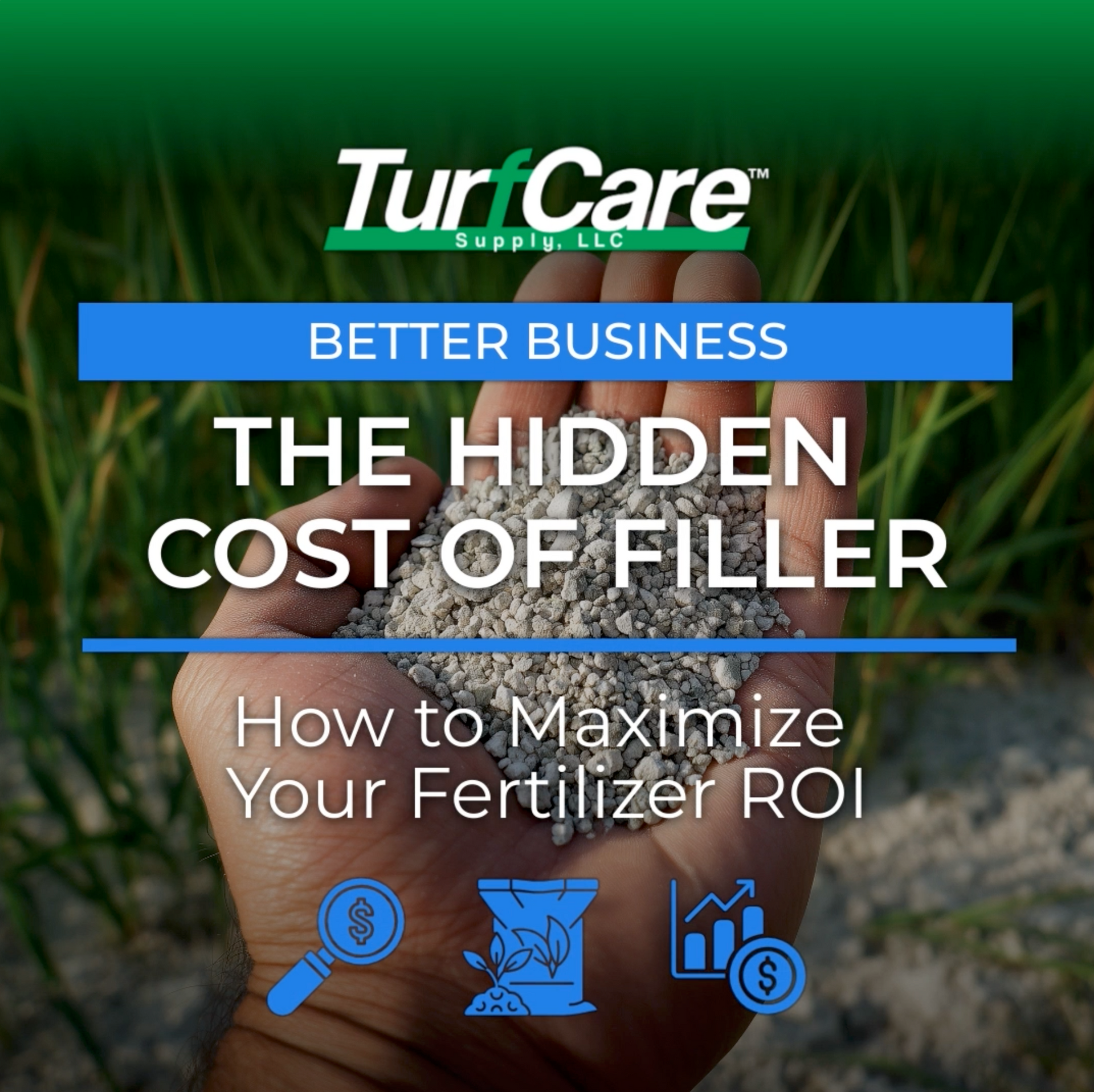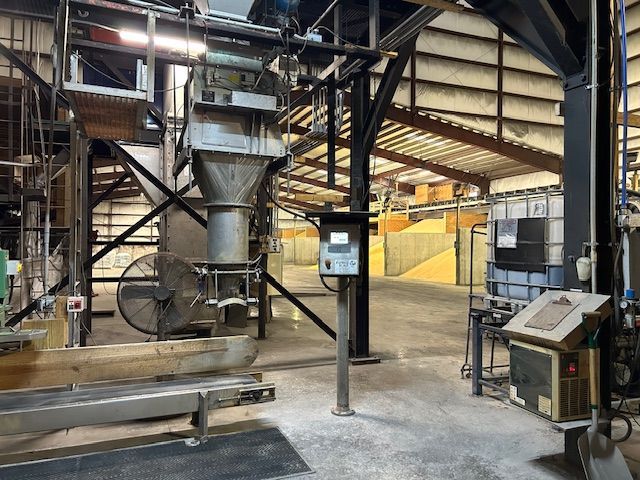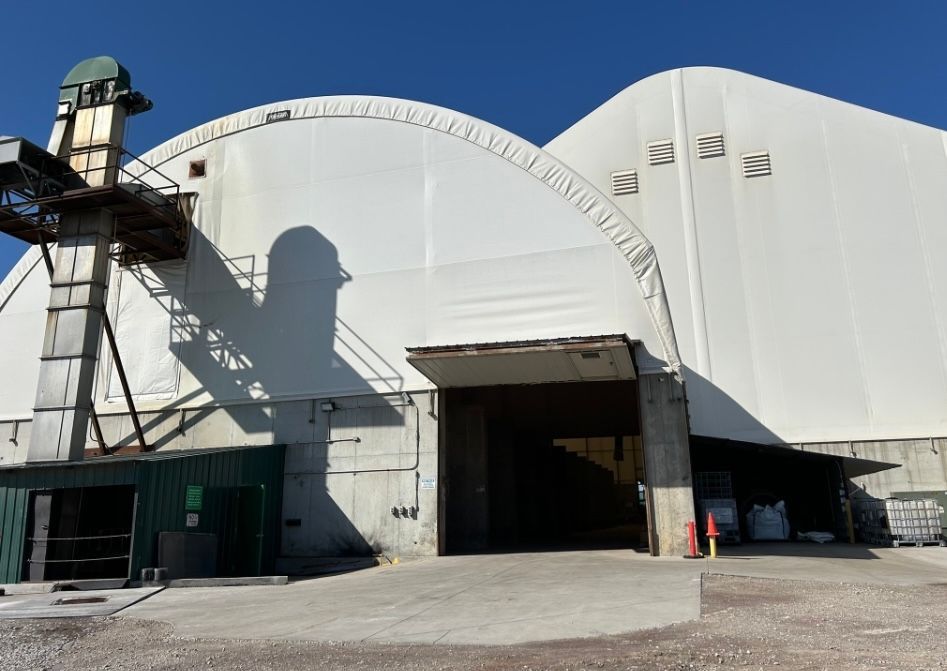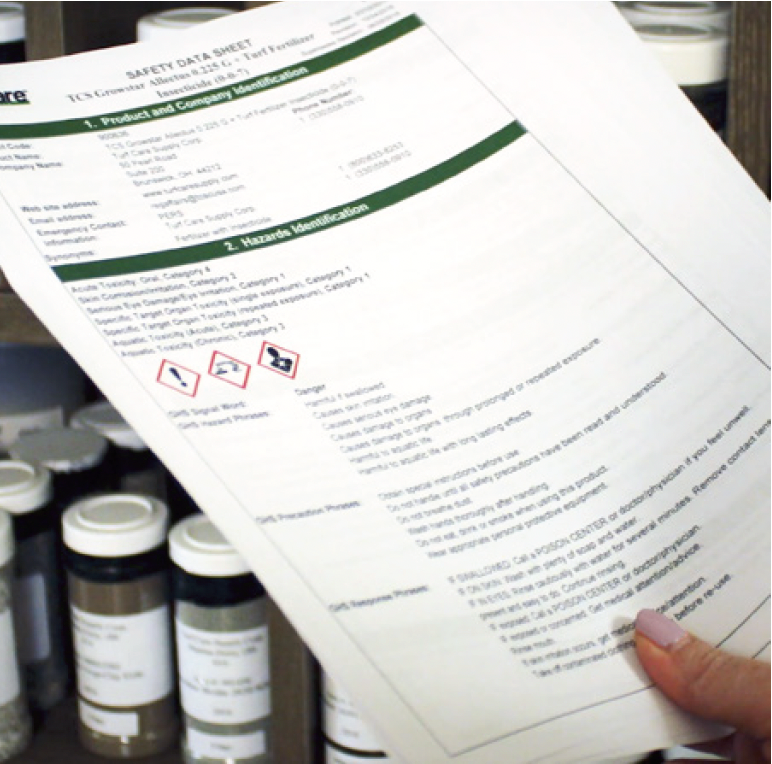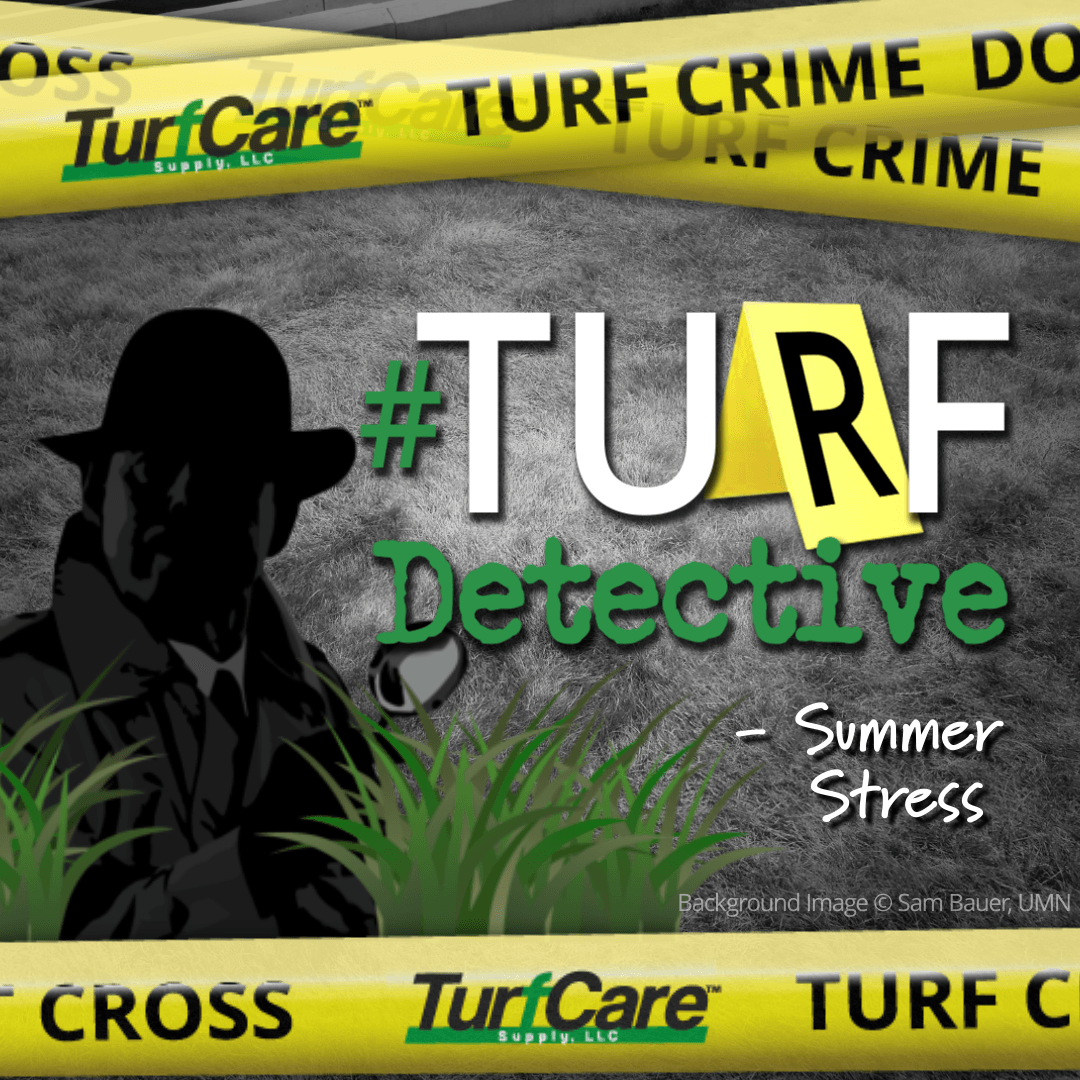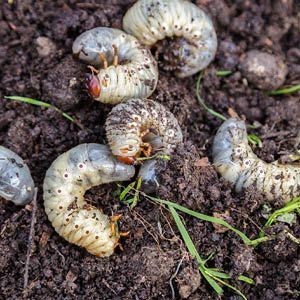Potassium's Role In Lawn Health
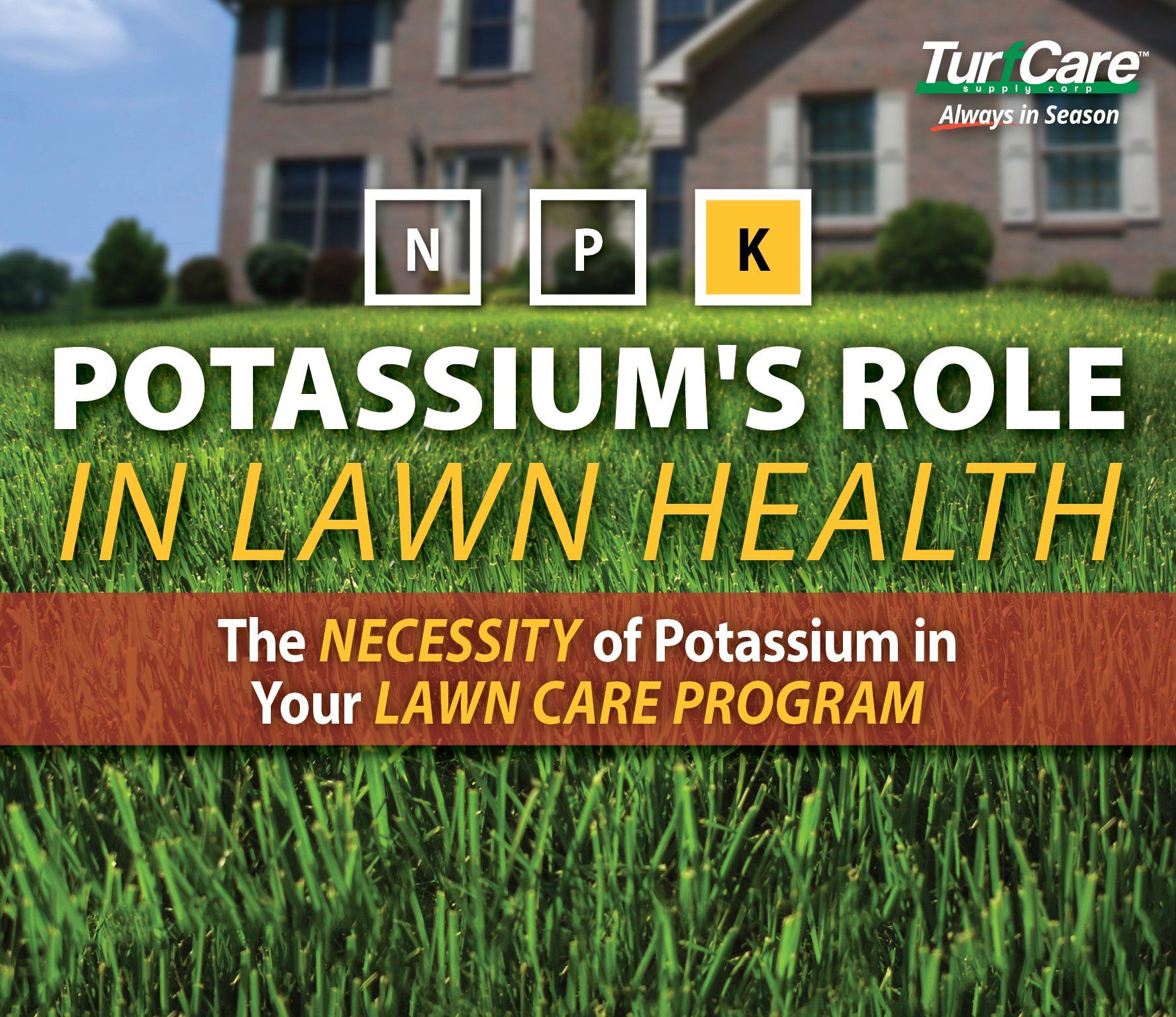
THE NECESSITY OF POTASSIUM IN YOUR LAWN CARE PROGRAM Maintaining a lawn with a well-balanced fertilizer program is key to promoting strong, healthy lawn that can withstand weed and insect infestations as well as suppress diseases. There are three key nutrients needed for a lawns’ health, nitrogen (N) , phosphorus (P) and potassium (K). Potassium is the nutrient most necessary to improve and protect a plants health against environmental stresses, helping your lawn better resist harsh weather and drought especially during to the winter season. Without potassium, grass would appear to be yellow and stunted in growth with a weak root system and unable to withstand harsh conditions. Discover why potassium’s role in turf and soil is important to the overall health of a lawn:
WHAT IS POTASSIUM?
Potassium or “K” is a primary plant nutrient that regulates important physiological processes that influence a plants overall ability to resist environmental stresses. Plants require K as a cofactor for enzyme activation. Potassium supports the internal process of the plant cells that affects photosynthesis, water absorption, respiration and protein production. A deficiency of potassium weakens a plant and increases its vulnerability to drought, temperature fluctuation injury and disease.
POTASSIUM BENEFITS YOUR LAWN BY
Supporting Root Development; this will help strengthen your lawn by firmly rooting grass into the soil to create a route of nutrient uptake to ensure overall health. This aids in winter survival as well as helping it look great in spring.
- Promoting the Stem and Leave Growth of Plants; potassium aids in the photosynthesis process which plants go through to create their main source of energy, glucose.
- Activating Plant Enzymes used in Protein, Starches and Sugar Absorption; allows easier absorption of the enzymes needed for plant survival, especially during periods of drought, temperature fluctuations and disease.
- Strengthening Plant Cell Walls; a strong cell wall will aid plants in retaining key plant nutrients while allowing them to persist longer through the season. A stronger plant cell wall will increase moisture retention which will help in periods of drought.
- Maintaining Turgor Pressure by regulating the amount of water that plants can intake.
- Creating Lawn Disease Resistance; potassium is a plant health booster that improves a lawn’s resistance to grass and soil diseases, harsh weather and drought.
- Catalyzing Iron Uptake; encourages easier uptake of iron.
HOW TO TELL IF A LAWN HAS A POTASSIUM DEFICIENCY
If a lawn is experiencing a potassium deficiency, it can manifest in different ways. By looking for visuals like yellowing of the edges of leaves, excessive weeds, leaves appearing to be burnt or turf diseases, these are all signs potassium is needed by your plant. One way to be sure of a lawn’s potassium level is to conduct a soil analysis. At home test kits can be found at your local lawn and garden store or kits may be obtained from your local county extension office.
- PROTip: Soil with a lower pH will often suffer from potassium deficiencies due to increased soil acidity. Managing your soil by maintaining a neutral soil pH will keep important key nutrients, like potassium, available in the soil for plant uptake. Sandy soils are more likely to experience lower potassium levels due to its soil texture of larger pore spaces that lack the ability to retain key nutrients.
POTASSIUMS IMPORTANCE IN FALL
Although potassium is important throughout the whole lawn care season, it is most crucial during your fall application. You will notice that fertilizers recommend for fall have an increased amount of potassium in the blend. Potassium is very important to apply prior to entering cooler months to protect the roots from frost and strengthen the plants’ cell walls allowing it to better retain nutrients. This will result in strengthening your lawn to withstand the harshness of winter while helping it look great in spring!
For professional fertilizers, humic and AMP-XC™ enriched products available, please visit TurfCare’s online Product Catalog.
For green industry professionals or others interested in ordering Turfcare products, please contact our Customer Service to find a distributor near you.
The TURFReport Highlights:
Additional Articles and Insights
